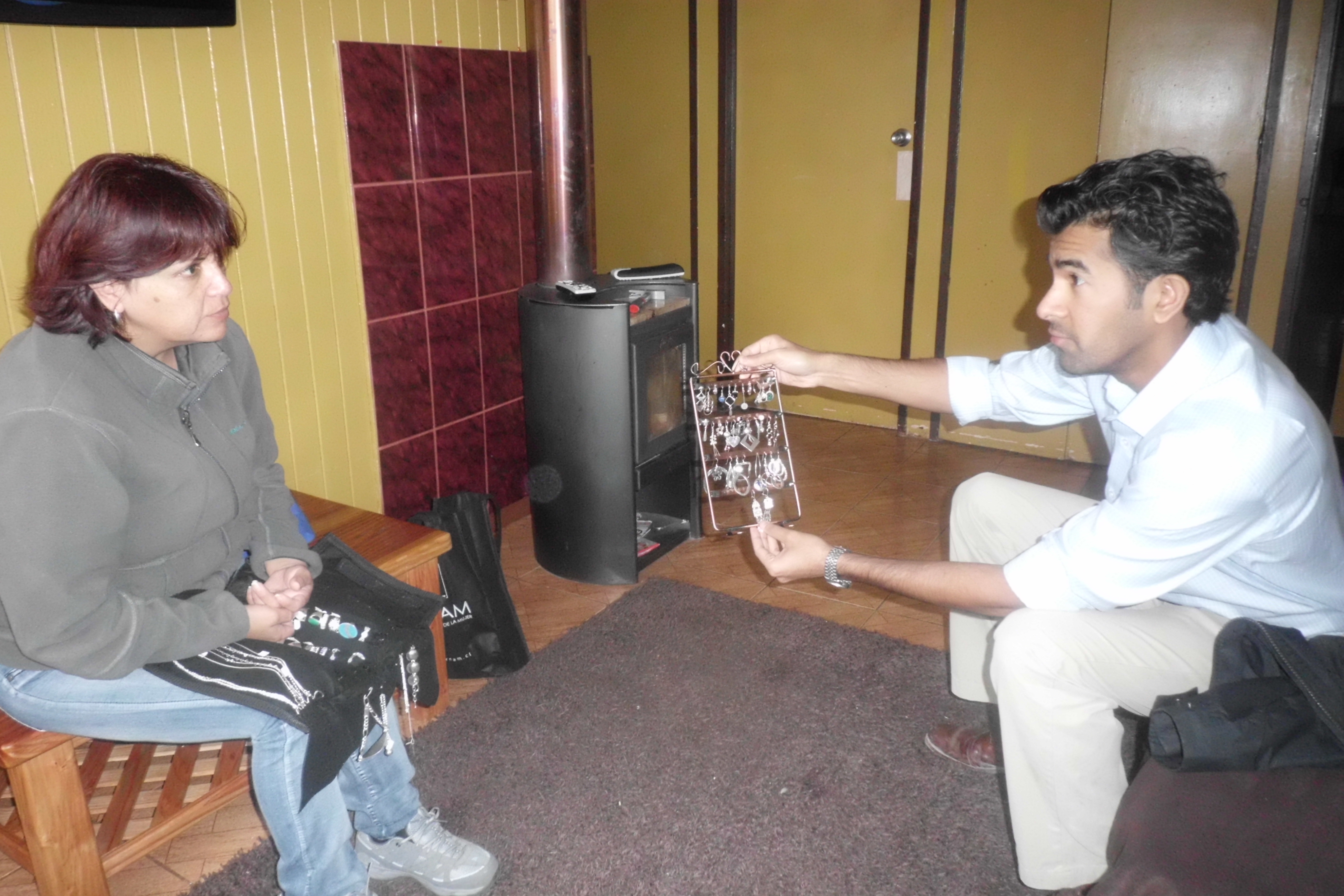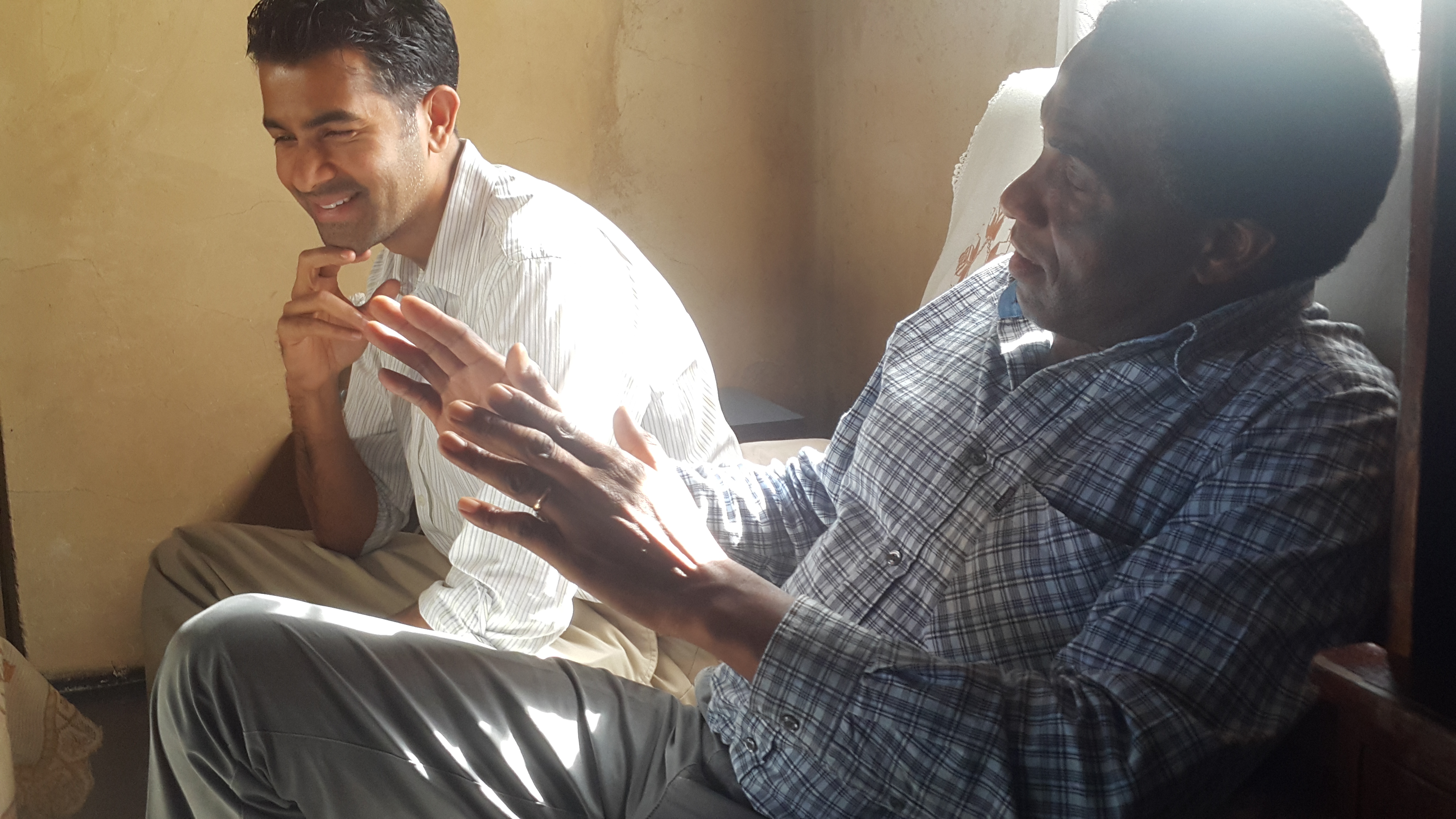What does it take to be a leader? To run an impactful charity organization? What are the challenges that comes with the entrepreneurial life?
 These are questions that our founder, Shyam K. Iyer, has grappled with firsthand—and recently, he’s shared his experience with a number of publications and media outlets.
These are questions that our founder, Shyam K. Iyer, has grappled with firsthand—and recently, he’s shared his experience with a number of publications and media outlets.
We’ve rounded up all the recent coverage of Shyam and SKI Charities, and it’s full of solid advice and tidbits of wisdom for entrepreneurs and charity leaders of all kinds:
On the importance of being a leader, not a manager:
“While an entrepreneur may drive early success, I have found successful entrepreneurship to be far more “bottom-up” as local level ownership and buy-in will determine the success of any project or enterprise.”
Read more on the Growth Institute blog.
On getting out of your comfort zone:
“Without having some knowledge of your temporary limits, there is always a chance of pushing yourself too far too fast. The entrepreneurial path is full of challenges and at its core is about a person’s appetite for remaining outside the comfort zone. To leave the stability of a day job, you must be ready with a professional network and financial situation where two or three years of limited income and fitful progress are the norm. But the most important factor is a very personal one: There comes a time when you are ready to take responsibility for making your ideas into a reality.”
On letting go of control as an entrepreneur:
“When I kicked off SKI Charities, I was met with much skepticism from both donors and local contacts. I decided that a high level of oversight and control would be necessary, and while this allowed the project to commence, I quickly learned this was not sustainable. I could not shift my life to our locations in Zimbabwe or Chile. And with so many staff members and beneficiaries depending on me to get this balance right, I had no choice but to embrace this type of management.”
Read more on the proto.io blog.
On when he knew it was time to quit his day job:
“Before I founded my charity, I was facing the question of what professional legacy I would leave behind. Fifty years from now when I looked back on my life, would I have harnessed my skill set towards making a unique social impact? I asked myself this question over and over. When I finally decided on the idea of social entrepreneurship through SKI Charities, I quit my day job and my breakthrough was achieved. Nine years later my team and I are empowering hundreds of females and their families in the most isolated parts of our world through microfinance and scholarships.”
Read more on the Seek Capital blog.
On the difference between being a boss and being a leader:
“A boss delegates and manages those who seek approval of their superior. A true leader collaborates, motivates, and inspires. The key to setting oneself apart as a leader is to focus on your employees and partners investing in an organization’s vision, and then working hand in hand on implementing and enhancing that vision. Once this alignment is created, ownership grows by allowing true employee autonomy with the understanding that success will be predominantly driven by participants closest to the market.”
Read more in Authority Magazine.
On the woman who influenced his career:
“The specific value of team empowerment shared with me by my mother has been invaluable to my success. As a small business owner of a medical practice, she modeled and communicated to me the importance of thoughtful management and delegation to staff.”


